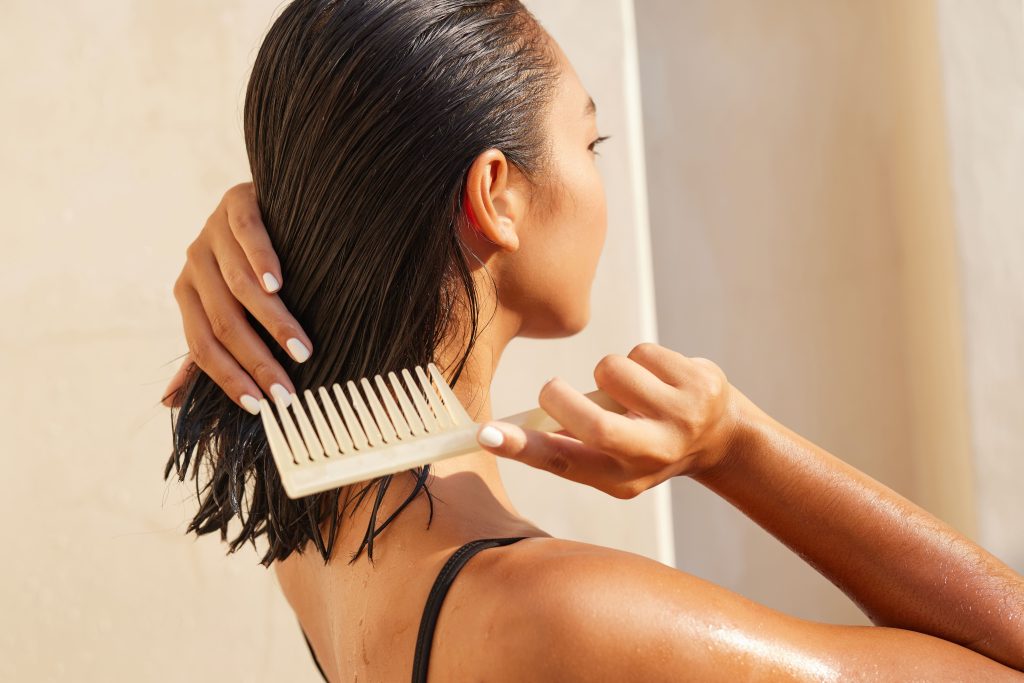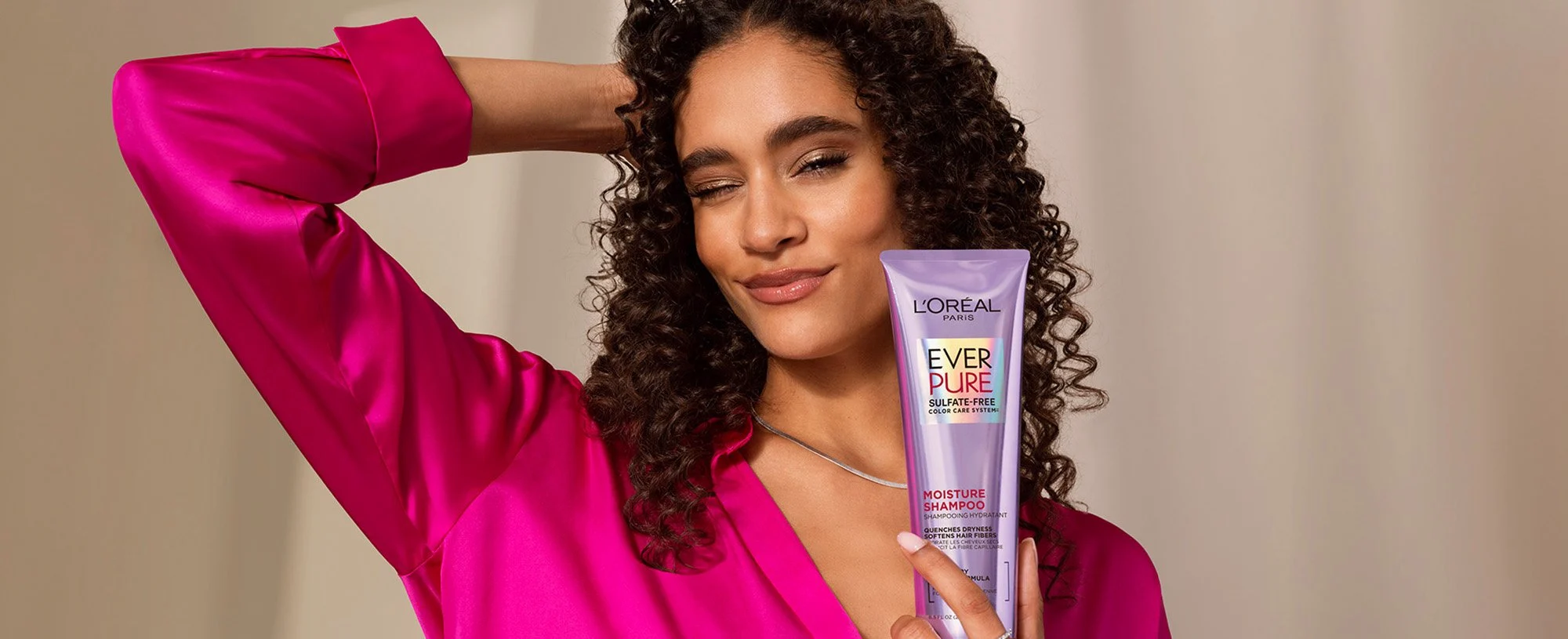In recent years, sulfate-free shampoos have gained immense popularity in the beauty and hair care industry. Promoted as gentle alternatives to traditional shampoos, they claim to prevent hair damage, reduce scalp irritation, and maintain natural oils. But how much of this is backed by science, and are sulfate-free shampoos truly necessary for everyone? Understanding the truth about these products requires a closer look at what sulfates are, how they work, and their potential effects on different hair types.
What Are Sulfates?

Sulfates are chemical detergents commonly found in shampoos and other cleaning products. The most familiar types are sodium lauryl sulfate (SLS) and sodium laureth sulfate (SLES). These compounds are responsible for creating the foamy lather most people associate with a “clean” shampoo. Their main function is to remove dirt, oil, and product buildup from the hair and scalp, leaving hair feeling fresh and light.
While sulfates are effective at cleansing, they can also strip natural oils from the hair, which may lead to dryness or irritation, especially for people with sensitive scalps, color-treated hair, or naturally curly or textured hair. This is why sulfate-free shampoos were developed—to provide a gentler cleansing experience that preserves hair’s natural moisture.
Benefits of Sulfate-Free Shampoos
One of the main selling points of sulfate-free shampoos is their gentleness. Because they contain milder cleansing agents, these shampoos are less likely to strip hair of its natural oils. This can be particularly beneficial for:
- Color-treated hair: Sulfates can accelerate the fading of hair dye, making color-treated hair appear dull faster. Sulfate-free shampoos help maintain the vibrancy of hair color for a longer period.
- Curly or textured hair: These hair types are naturally drier and more prone to breakage. Gentle shampoos help preserve the hair’s natural moisture and prevent frizz.
- Sensitive scalps: People with scalp conditions like eczema or dermatitis may find that sulfate-free shampoos reduce irritation and inflammation.
In addition, sulfate-free shampoos are often marketed as “natural” or “clean,” which appeals to consumers who prefer products with fewer harsh chemicals. Some formulations also include nourishing ingredients such as essential oils, plant extracts, or proteins, which may contribute to healthier hair over time.
Common Misconceptions

Despite their popularity, there are some misconceptions about sulfate-free shampoos. First, they are often portrayed as completely safe and suitable for all hair types, which isn’t entirely accurate. For people with oily hair or those who use heavy styling products, sulfate-free shampoos may not cleanse thoroughly, potentially leaving hair feeling greasy or weighed down.
Another myth is that sulfates are inherently harmful. While sulfates can cause dryness or irritation in certain cases, they are generally considered safe and effective cleansing agents when used as directed. For many people with straight, thick, or normal hair, sulfate shampoos can work perfectly well without causing damage.
Adjusting to Sulfate-Free Hair Care
Switching to a sulfate-free shampoo may require an adjustment period. Because these shampoos do not lather as much, it may feel like they are less effective at first. However, lather does not equate to cleaning power; the hair and scalp are still being cleansed, just more gently. People who transition may notice their hair feels softer, retains more moisture, and experiences less frizz over time.
It’s also important to pair sulfate-free shampoos with a good conditioner to maintain moisture balance. Since these shampoos are milder, using them alone might not provide the same “squeaky clean” feeling, but the overall health of the hair may improve with consistent use.
Conclusion
Sulfate-free shampoos are not a miracle solution, nor are they necessary for everyone. Their primary advantage lies in their gentler formulation, which helps maintain moisture, reduce scalp irritation, and prolong hair color. For people with dry, sensitive, or chemically treated hair, they can be a worthwhile investment. However, those with normal or oily hair may find traditional sulfate shampoos just as effective and convenient.
Ultimately, the truth about sulfate-free shampoos is that they are one option among many in the hair care world. Choosing the right shampoo depends on your hair type, scalp condition, and personal preferences. Understanding the science behind sulfates and their alternatives allows you to make an informed decision rather than relying on marketing claims alone. With the right approach, you can enjoy healthy, vibrant hair whether or not your shampoo contains sulfates.

